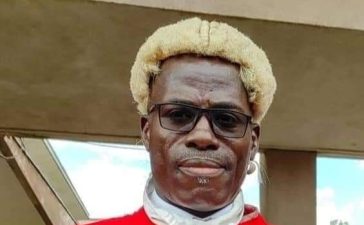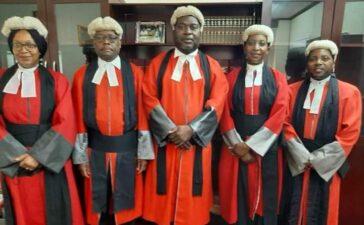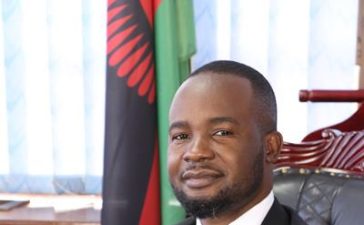Lyson Sibande’s recent remarks regarding Norman Chisale shine a critical light on an often-overlooked aspect of public life: mental health. In a political landscape marked by turmoil, power struggles, and legal controversies, we must not forget the human beings behind the headlines. Sibande’s call for Chisale to seek psychological help is not just an expression of concern but a necessary reminder that mental health is paramount—particularly for those in the public eye.
Chisale’s manifest distress and volatile attitude, coupled with his frequent legal challenges, may suggest that he is grappling with significant psychological strain. While politics can be a ruthless arena that tests the limits of resilience, it is crucial for the wellbeing of individuals like Chisale that we encourage them to prioritize their mental health. As Sibande rightly pointed out, what may seem like behavior stemming from bitterness or anger could be indicative of a deeper psychological struggle that requires professional intervention.
Preventing individuals from taking the stage until they receive adequate mental health support is not an act of censorship; it is an act of responsibility. To this effect, Sibande has rightfully suggested that the DPP should consider excusing Chisale from podium utterances. Society has an obligation to protect not only public figures and their reputations but also the overall well-being of those who serve as role models, deliberately or otherwise.
Moreover, celebrating mental health awareness in politics can serve as a catalyst for broader societal conversations about the importance of mental well-being. It is essential that we move away from stigmatization towards a culture of understanding and support.
At Shire Times, we echo Sibande’s sentiments: let us approach Norman Chisale’s situation with compassion and urgency. By advocating for mental health evaluation and treatment, we not only foster healthier political discourse but also inspire a societal shift toward valuing mental wellness. It is imperative that our leaders are equipped to handle the stressors of their roles, not just for their sake, but for the integrity and health of our democracy as well.













